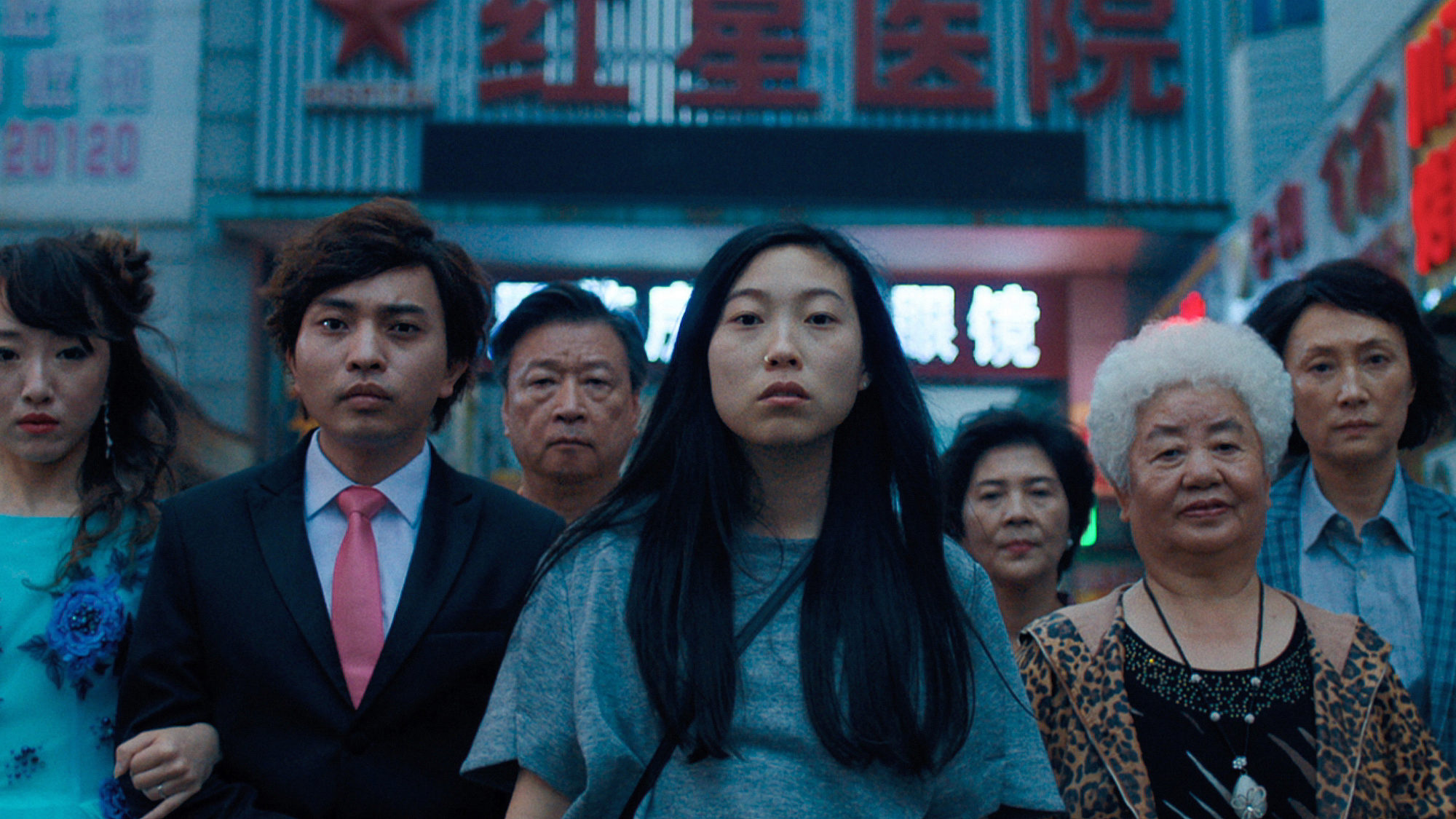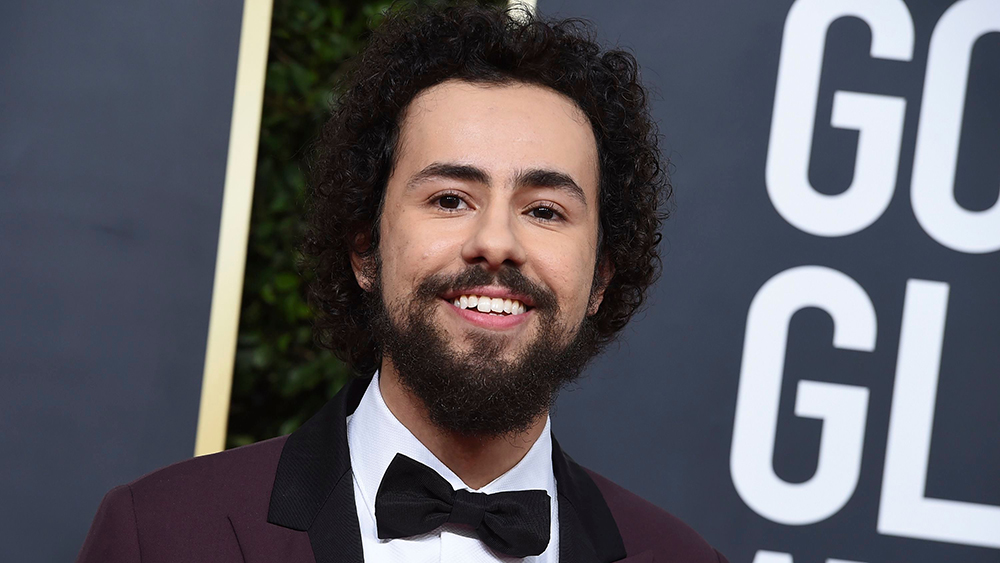It’s A Fresh Decade For Television, But Will That Freshness Stick?

As we enter a new decade in the Golden Age of Television, we once again extend our social concerns around identity politics and representation into an industry that only now has begun to sufficiently respond to these consumer demands. In a recent article for GQ magazine, Christian Harimanow explored the rise of diverse casting in fantasy and science-fiction television. Citing series such as Netflix’s The Witcher, BBC’s Merlin, and Amazon’s The Expanse, Harimanow observed that the otherness of these settings have lent themselves to wider casting choices.
In light of this article, it seems appropriate to hypothesis the wider implications of diverse casting and, more so, the specific genres that favour representation. Yet by attempting to quantify the amount of shows that depict diversity, further questions are raised around the quality of these depictions. Namely, are actors, writers, or other creative presences in the industry at the whim of what can be called ‘diversity favourability’?
Diverse Favourability: When Trends and Cash Influence Casting

My use of the term ‘diverse favourability’ refers to how studios approach diversity with more capitalistic intentions then the public, namely exploiting diversity as a trend. For example, the 2005 film Memoirs of a Geisha cast Chinese actresses Zhang Ziyi and Gong Li, as well as the Malaysian born Michelle Yeoh, for a film set in Japan. Consequently, the film received criticism from both China and Japan for the casting which the filmmakers and cast defended in the name of acting ability over nationality. All else aside, the choice by the Japanese-owned studio to cast renowned Chinese actors was a much more economic decision then an artistic one, to corner the Chinese market that in recent years has become a focal point for cinema revenue. Hence, ‘diverse favourability’.
Unexpectedly, the controversy surrounding the cast presents an interesting perception at what constitutes diversity. Memoirs of a Geisha was praised by some for its diverse cast of Asians of many nationalities, yet that same type of casting would be dismissed in a film that employed white actors of various nationalities as under-represented. Whereas, say one hundred years ago, when immigrants from Ireland and Italy landing at Staten Island faced discrimination based on stereotypes or Anti-Catholic sentiments, we would now classify Irish and Italian representation as a non-issue despite the history of prejudice against them before.
It raises an interesting hypothetical to wonder if that discrimination was still present, would the masses on Twitter be calling for greater representation of the Irish and Italian communities?

Interestingly enough, in a study by Screen Australia, it was reported that the cultural diversity of Greeks and Italians in Australian television was being under-represented, with only 6% of characters being represented as being from these European backgrounds compared to the 12% that makes up the Australian population. However, you hardly see large numbers of Greek people posting their outrage on social media about their lack of representation. Now we’ve strayed into the territory of sociology, musing over the invisible lines and trying to decide how deep into Europe can you get before you stop grouping them as white.
“They’re cheaper than us, for one thing. They don’t cost as much. And they [casting agents and directors] think they’re better trained, because they’re classically trained.”
In 2017, actor Samuel L. Jackson criticised the studio trend of ‘diverse favourability’ and their tendency to cast black British actors in the Hollywood films about the African-American experience. Citing the casting of Daniel Kaluuya in Get Out and David Oyelowo’s performance as Dr. Martin Luther King in Selma, Jackson said in an interview to a New York radio station, “I tend to wonder what that movie would have been with an American brother who really feels that.” He expanded on the studio system casting choices saying, “They’re cheaper than us, for one thing. They don’t cost as much. And they [casting agents and directors] think they’re better trained, because they’re classically trained.”
Jackson’s comments caused some irritation, with Star Wars’ John Boyega tweeting, “Black brits vs African American. A stupid ass conflict we don’t have time for.” Here, the controversy surrounding Memoirs of a Geisha offers a foundation to evaluate from. How do we define diversity in a cast? Is it by nationality or culture? The colour of a person’s skin or their heritage? Sexual orientation, gender, disabilities? There’s an abundance of criteria.
Television Genres: How to Sell Identity in an Economic Art

As GQ Magazine pointed out, fantasy and sci-fi are a hub for diverse casting and the absence of this diversity in other genres is noticeable. That being said, to say that only fantasy and sci-fi has diversity forgets the growth of diversity in comedy in recent years.
In early 2018, an anonymous woman, ‘Grace’, accused comedian Aziz Ansari of sexual misconduct through the now defunct Babe.net. The scandal, occurring at the height of the MeToo movement, was the first instance of the movement being perverted from its original intentions. Ansari was condemned in the court of public opinion in the days immediately following the incident, with ‘Grace’ also being criticised for her description of the event that showcased poor communication between the both of them and flawed judgement on her part on how to respond to this.
Ansari, notable for his hit Netflix show Master of None, had ironically confronted sexual harassment in the second season through a celebrity chef character. Since the allegation, despite public opinion siding with Ansari, the comedian has retreated from the industry (only releasing a stand-up special in July 2019). The chances of his critically acclaimed comedy coming back are dire.
But since its release, Master of None has opened the door for more diverse television. Shows such as Atlanta, Killing Eve, Fleabag, Mr. Robot, and Transparent have risen from ashes of Master of None, filling the demand for shows with layered and nuanced representations of the under-represented.
Comedy has benefited the most (apart from fantasy/sci-fi) from this increase in diversity. Recently, comedian Ramy Youssef’s breakout comedy series Ramy following his conflicts with identity has swept awards, winning a Golden Globe, and being critically praised. And premiering this year, Awkwafina (herself a recent recipient of a Golden Globe) is debuting her own autobiographical TV show Awkwafina is Nora from Queens.

It’s clear from comedies such as Ramy and Awkwafina is Nora from Queens that creative individuals recognize that the solution to television’s diversity problem is to demystify and humanize their own struggles. And, notably, the issue of diversity is most successfully approached through the otherness of fantasy and humour.
“I think in general this is the reason why I called it ‘Ramy.’ It was purely out of not wanting to represent anything more than what my point of view has to offer, which by nature is limited.”
In an article on The Conversation, Sherene Idriss from Deakin University evaluates Ramy against the traditional narrative of ‘protest masculinity’. Idriss explains that ‘protest masculinity’ emerged as a response to the stereotypes of Arab young men as angry and violent. “Ramy,” she explains, “is proud to be Muslim but struggles with the pressure to conform to a template of Arab Muslim masculinity that others around him seemed to have already worked out.” Ramy, wisely perhaps, attempts to challenge the decades-long Islamophobia not with a gritty drama like HBO’s The Night Of, but with his own experience with prejudice and preconceived narratives. “I think in general this is the reason why I called it Ramy,” Youssef told The Chicago Monitor, “It was purely out of not wanting to represent anything more than what my point of view has to offer, which by nature is limited.”
“I always worry about that. I wonder if it is a trend, and we don’t want anything to be a trend — especially people.”
Awkwafina’s latest project, not yet released as of writing, will likely tackle realistic depictions of Asian-Americans that’s been spotlighted since the release of Crazy Rich Asians (another Awkwafina-involved film). Awkwafina in an interview with Variety discussed how she populated her writing staff with a predominantly female that could write “from the Asian-American experience.” Awkwafina was well aware of the studio’s ‘diverse favourability’ and expressed concern at being exploited as a trend, “I always worry about that. I wonder if it is a trend, and we don’t want anything to be a trend — especially people.”
Television will diversify beyond fantasy/sci-fi and comedy, there’s little doubt about that. But how long will diversity remain the industries latest trend? By the next decade can we expect diversity to reap the same economic successes as of late? With people like Ansari, Youssef, and Awkwafina at the helm, we can expect a whole new generation of diverse storytelling.
Subscribe to FIB’s newsletter for your weekly dose of music, fashion and pop culture news!







